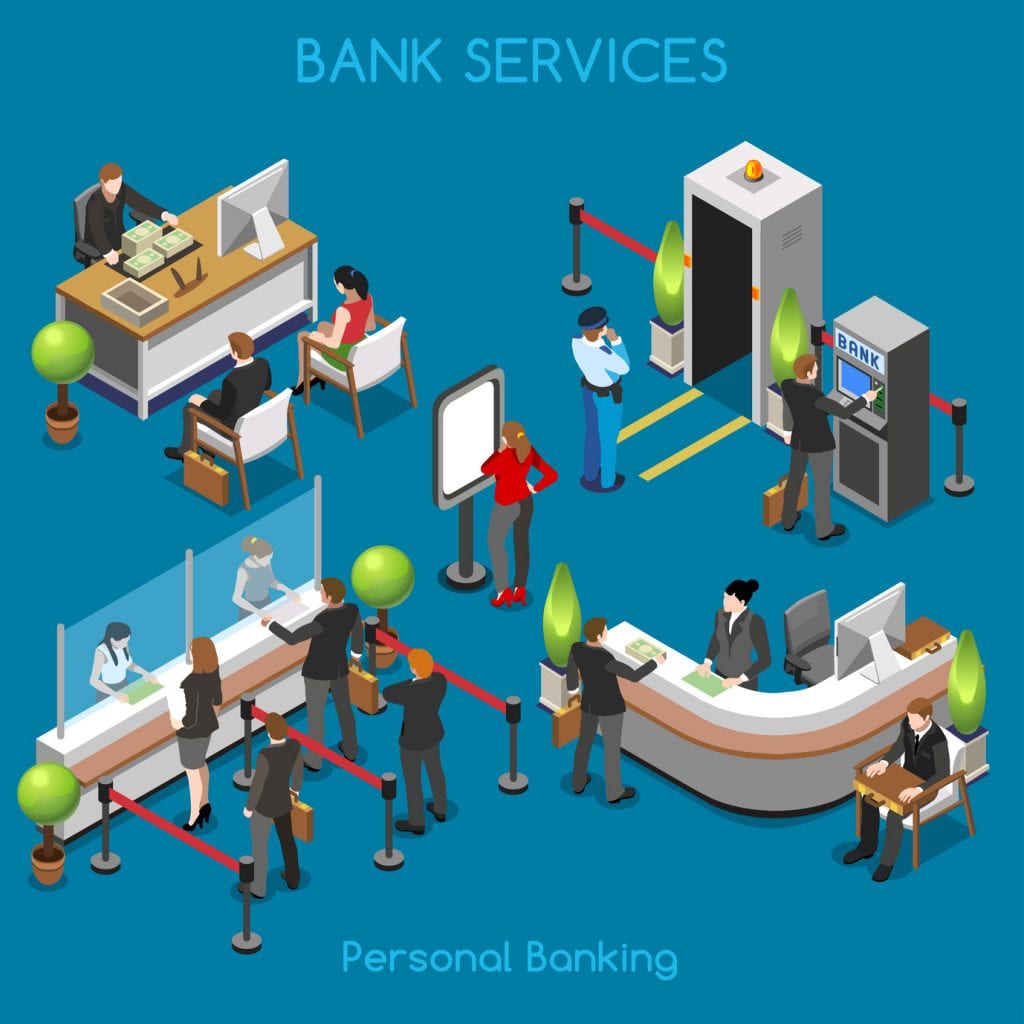Over the past 10 years, I have seen the terminology of e-Invoicing mean many things. In many cases, managers will still interpret “e-Invoicing” as eliminating paper via OCR , Workflow, and onboarding projects with supplier networks. Others now view the term as synonymous with government compliance. However, the one concept I often don’t hear in my meetings around e-Invoicing is “Strategic”. Most organizations look at e-Invoicing, especially in the realm of Accounts Payables, as a purely “Operational” issue. But in the current global economy, the operational issues have a direct effect on the strategic issues.
For example, the most common requests in Accounts Payables are:
- Help me eliminate Paper processes for Invoicing & Payment (checks)
- How can I automate expensive manual reconciliation process?
- Can I shorten long cycle times (45-60+ days) so that my FTE’s are more efficient?
- I need to comply with the Tax Authorities around the globe to avoid audits?
These requests always come down to a fundamental dollar savings. Whether we are talking about efficiency, time or restructuring such as shared services or BPO, the concept always comes down to cost savings. While I appreciate the fact that these cost savings must justify an automation project, they should not be the only concept scrutinized. I say this because when my meetings move beyond Accounts Payables to the office of the CFO and Treasurer, the requests change.
The common issues I hear on the Strategic level include:
- Inability to optimize cash flow (e.g., Missed Discounts)
- Liquidity concerns for supplier operations
- Short-term investment of Cash
So here comes my big question:
If the Strategic issues can only be accomplished if the Operational issues are solved, why are the operational issues only looked at from a cost savings point of view during evaluations?
Rarely in the AP evaluations do we take a deeper look at dynamic discounting or other Supply Chain Finance topics. For a CFO, where can you make a 36% annual rate of return on highly guaranteed short-term loans (they are your key suppliers), while helping your supplier with their liquidity needs. e-Invoicing is the gateway into Supply Chain Finance. Only with full automation and Straight Through Processing of invoices can an organization really achieve an effective supply chain finance program.
So this leads me to my next question:
Why do companies focus on e-Invoicing rollouts in Europe, when Latin America has already accomplished mandating their suppliers’ invoices be sent in a standardized electronic format?
The last 15 accounts I have walked into have had heavy volumes in Latin America. The most common countries were Brazil, Mexico, Colombia, and Argentina for these accounts, with Brazil and Mexico carrying the bulk of the volume. However, the evaluation always started with Europe despite the fact that the physical volume of invoices was either equal or greater in the Latin American region. Here are the facts on why Latin America can be a focus for Accounts Payable automation when the volumes are similar to other regions of the world:
- There are NO Supplier rollouts for many countries including Brazil and Mexico. The current legislation in these countries not only dictates the invoice format, but the legislation also states that your supplier must make the invoice available to you.
- The invoice can often arrive even before the goods. In both Brazil and Mexico, a supplier must get real-time government approval of the line items and taxes and place the approved invoice on the truck prior to the truck leaving the dock. This means that you can match the invoice against a backing document such as a PO even before the goods arrive.
Mr. Lewin is responsible for corporate strategy, defining the Latin American e-Invoicing solution platform, and is an expert on B2B and e-Invoicing trends and issues globally. Prior to joining Invoiceware International, Mr. Lewin held to the position of President of Crossgate, Inc., which was recently acquired by SAP AG in November 2011. Mr. Lewin also held the position of President and CEO of SEEBURGER, Inc for 5 years, during which the company experienced over 900% revenue growth. For more than 20 years, Mr. Lewin has held sales and leadership roles helping technology companies rapidly grow their organizations and position them for sale. Mr. Lewin has earned a BA from the University of Michigan and his MBA from University of Pittsburgh. Click here to visit Invoiceware International’s corporate website.
